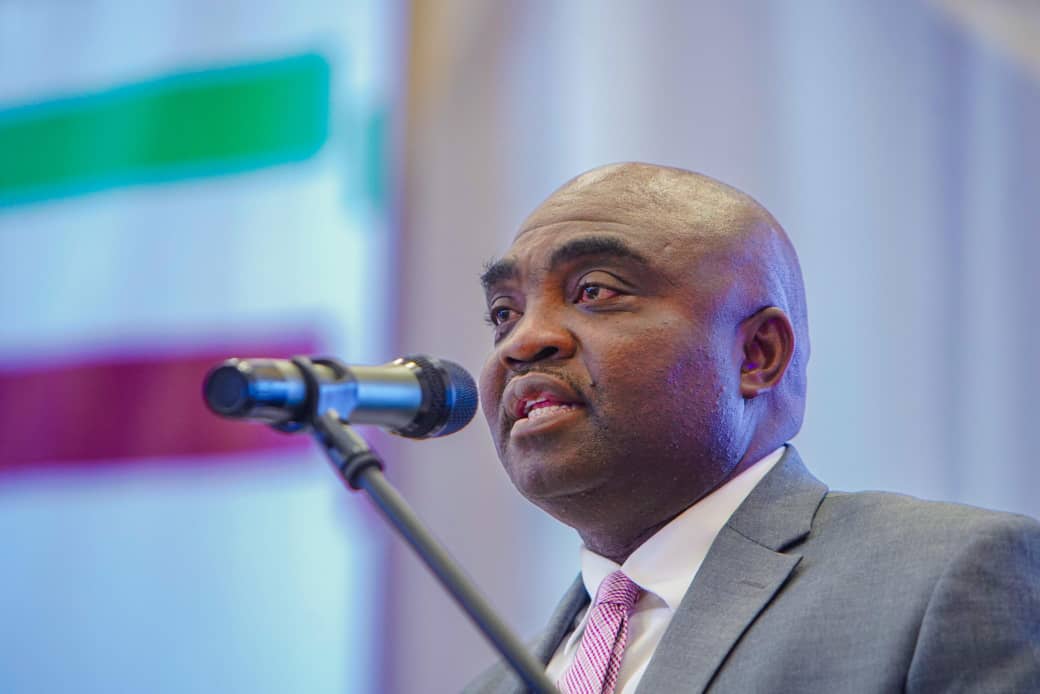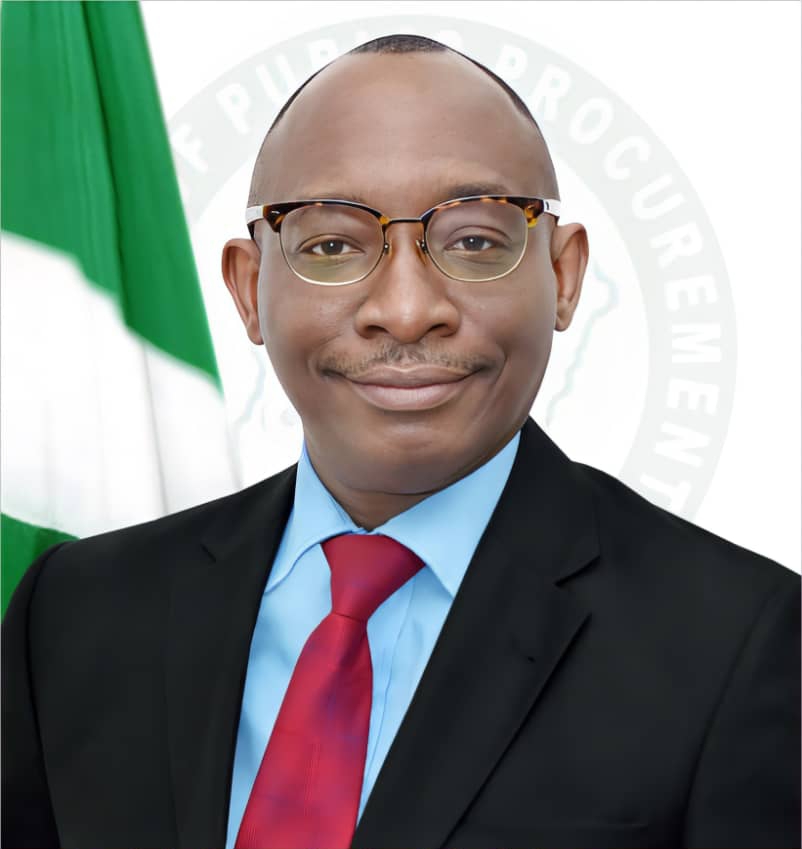Stakeholders urge mothers on family values to curb vices
By Joshua Olomu
Stakeholders, including Clerics, Leaders of Civil Society Groups, have urged mothers to uphold and instill family values in their children in order to curb the spate of youthful vices in society.
They made the call in an interview with the News Agency of Nigeria (NAN) on the sideline of a Women’s Roundtable on Saturday in Abuja.
The event was organised by Family Rebuilders Outreach, an NGO that supports and empowers women to effectively play their roles in families for a better society.
The roundtable brought together thought leaders and women from different backgrounds to learn and chart a common front for them to adequately navigate modern challenges confronting woman, especially motherhood.
According to the stakeholders, the spate of vices like drug abuse, illicit Sex, indolence, disobedience to authorities and other harmful behaviours among young people is worrisome.
They lamented that if the ugly trend was not seriously addressed at the family level, the larger society would pay dearly for it, and legacies of many families would be eroded.
The stakeholders said that mothers have significant roles in addressing vices among youth, particularly in instilling age-long moral values and providing support and direction.
They noted that although mothers were uniquely positioned by nature to influence their children’s development and help them navigate challenges, economic exigencies of modern times have made many to slack in their duties.
Pastor Enifome Kings-Jack, President, Know God More International Ministry, said women have a crucial role in guiding their children in the fear of God.
According to her, the woman plays many roles, and she is expected to be attentive and observant, setting clear expectations, and as well be a positive role model.
She urged mothers to be close to God and leverage religious teachings to help their children resist negative influences and peer pressure.
“What we do as women before our children matters too, because it is what people see you doing that really shape them, especially children.
“If you are a good person, you attract good, so the first thing for a woman is knowing her God, and showcasing His character in every space that she finds herself,” she said.
Mrs Chioma Onyenucheya -Uko ,Chairperson of the Abuja chapter of International Federation of Women Lawyers(FIDA) Nigeria, said women should first develop themselves in order to effectively lead others.
“I want the women, even from this roundtable to be more intentional in how they plan their lives and family and be conscious of the need to leave a legacythat truly outlive them.
“When a woman is building herself, it means that she has the right prospects, has the right potential to be a qualitative wife, and that is been able to build the right kind of home.
“She must have the right knowledge to bequeath to her children and she is able to lend the right kind of support to her husband
“If you are a woman who embodies the right thing and actually interacts with people, whether it is in the immediate family or the extended family, you will see the outcome,” she said.
Mrs Frances Ndu, Founder, Today’s Happy Woman Safe Place, said women needed to do more in monitoring their children at the family unit.
“Many mothers have become complacent and lazy to care about what is going on with their children.
“Providing education and other things for children is not enough, you also need to teach and exemplify values and morals that you want your children to emulate,” she said.
Earlier,Mrs Beatrice Anachuna, Founder, Family Rebuilders Outreach ,said there was need to revive age-long core values that shape a family’s behaviour, interactions, and decision-making to have a better society for all.
According to her, values of honesty, kindess, respect, hardwork, love and contentment, amongst others were the basis on how good a families function as they interact with society.
Anachuna said the Family Rebuilders’ main goal was to work towards reducing the statistics of divorce and family degradation in Nigeria.
“We realise that families are going through great challenges, so we formed a forum, which is this organisation, to support women through marriage, through parenting, through motherhood.
“We strive to give them the tools they need to survive the stress and the hardships that come with marriage and motherhood.
“The roundtable is to raise awareness and address issues that disturb women in their family life, as we talk about them.
“So the purpose of this roundtable is to reawaken their inner self, to be their best self, to come out again, to begin to try, to pursue those childhood dreams they once had.
“We can do better when we are better informed, when we know ourselves, when we discover our strengths and we can then raise children that can do better.
“We are passing the baton to the next generation through equipping ourselves with knowledge and the right application of knowledge that we gain today,” she said.
NAN reports that the roundtable features paper presentations on key thematic areas addressing both the family and career life of women.(NAN)(nannews.ng)
Edited by Ekemini Ladejobi














